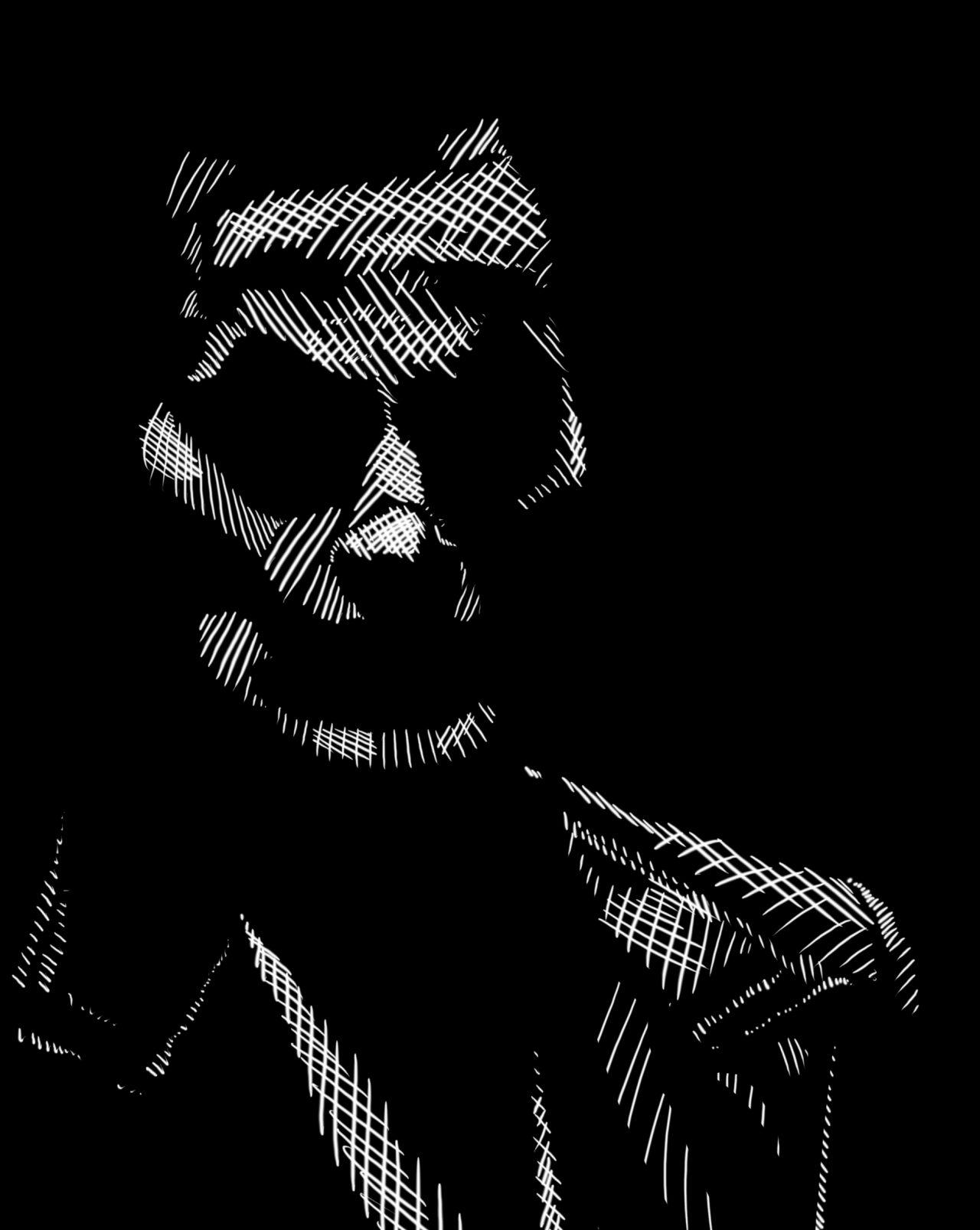Illustration by Andrea Nebhut
Whether you are an avid “Joker” fan or even just someone who watches comic book movies on the regular, we all knew this movie was going to be hit-or-miss. The box office would certainly say the movie was a hit, but those numbers could just be from a curious audience seeking to decide for themselves. Box office turnout alone can’t indicate if the movie remained true to how we all wanted the Joker to be depicted on screen.
There has been a steady debate over whether “Joker” would end up seizing an Oscar. Some would go as far as to say Joaquin Phoenix’s portrayal rivaled that of Heath Ledger in “The Dark Knight,” which won Ledger Best Supporting Actor in 2009, while others believe the film fell quite short of expectations.
I would argue that “Joker” lies somewhere in between both realms.
“Joker” provides a memorable experience but maintains some flaws when it comes to the character’s portrayal. However, the pairing of director Todd Phillips’s cinematography and Joaquin Phoenix’s eccentric portrayal overshadow those weaknesses in the long run, inching that Oscar just a little bit closer.
Before determining whether any movie could grab an Academy Award come February, it’s important to look at the story a film develops and the themes it presents. And “Joker” certainly maintains a richness to both. The movie is littered with twists and tense moments, but also a broader statement about mental illness and classism.
Arthur Fleck (Joaquin Phoenix) has numerous dilemmas. He is a failed comedian sitting at the bottom of the barrel in society and suffers from a disorder that causes him to laugh in emotional situations.
After living this way for years, Arthur finally loses it when a group of drunk, rich men assault him on the subway for his uncontrollable laughing. He shoots all three of them, splashing blood all over the train and reminding us that, yes, this movie is rated R.
From here, the Joker is born. The Joker here is a much more grounded portrayal. It is clear almost from the first ten minutes that Fleck suffers from mental illness and the way society ignores that illness is recurrent.
As the film attempts to diagnose Fleck, though, we realize just how hard it is to diagnose the Joker, provoking real-world controversy as common mental illnesses become borderline vilified.
However, Phillips presents a theme that stops us from saying “okay, too far” when it comes to a mentally ill character: the Joker is not created by his own madness but by society’s. That is, the actions of society can push anyone to insanity.
Yet, no rendition of the Joker is complete without a solid actor to portray him. Fully encapsulating the Joker’s eccentric style of movement, speech and laughter takes a dedicated and methodical actor.
I will admit, I had doubts about Phoenix’s ability to accomplish such a task, but as he donned the maroon suit and white makeup before dancing his way down a set of stairs, his greasy green hair flinging about, I realized that Phoenix is the one driving this show straight to the Oscars.
And if Phoenix is driving, then Phillips is certainly navigating.
However you feel about the recurrent themes of mental illness, Phillip’s cinematography is near perfect throughout the whole movie.
Phillips meticulously crafts this environment to fit the character, from the gritty portrayal of Gotham to the haunting music that occurs at significant moments in the narrative.
Symmetric shots that Fleck is placed in establish permanence within our minds so that when Fleck revisits these areas as the Joker, we notice every minute difference.
“Joker” has some flaws and controversial themes, but ultimately, if there were a movie to portray the Joker’s origin, this film is the one to do so, and by the end of the two-hour adventure, I was left wanting more of Phoenix’s depiction of the character.
It is inevitable that there will be comparisons of Phoenix to Ledger’s iconic portrayal, but “Joker” provides an evolution to the character that feels refreshing.
And that evolution, paired with acting and cinematography that remains on par with past Oscar winners is enough to at least warrant a nomination for Best Actor or Best Cinematography next February.







